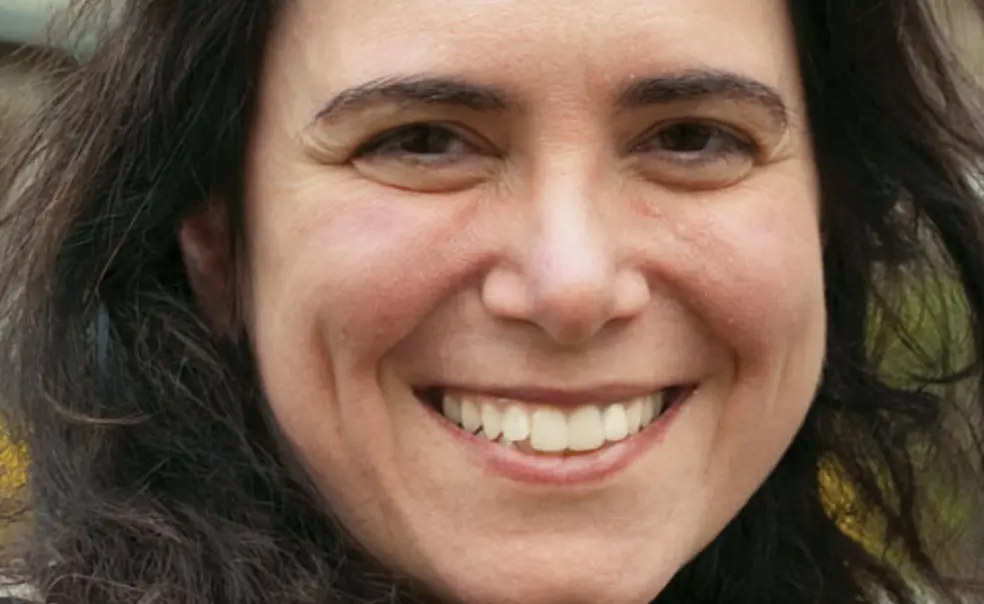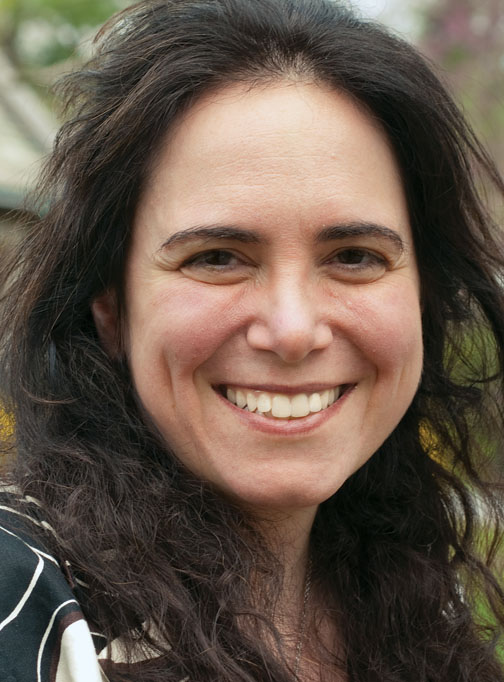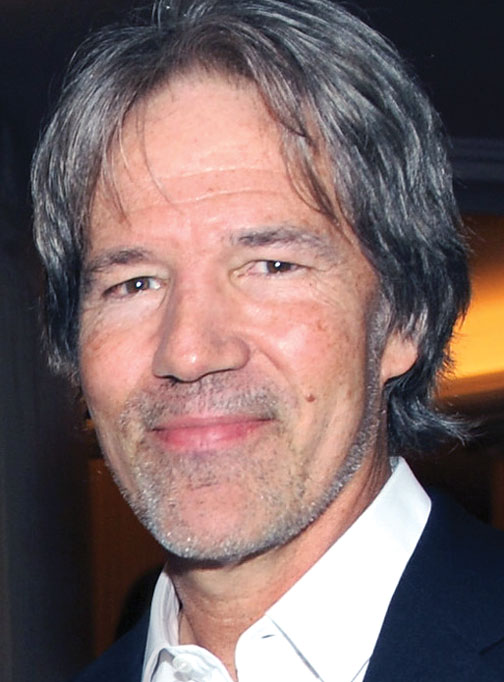For would-be screenwriters, wider array of courses
Prompted by demand for screenwriting courses, Princeton’s creative writing program — known for its focus on poetry and fiction — has hired Academy Award nominee Christina Lazaridi ’92 as its first full-time screenwriting faculty member this year and expanded its offerings in the field.
Lazaridi taught two courses at Princeton in the spring: one in narrative film writing, the other in screenwriting and new media. She was nominated for an Oscar in 2001 for her film One Day Crossing, about a Jewish girl who poses as a Christian to save her family from the Nazis.
Also on campus was David E. Kelley ’79, the Emmy-winning creator of Ally McBeal, Chicago Hope, and Monday Mornings. Kelley taught a course on how to create a television drama series.
Screenwriting is “such a vibrant, alive” medium, Lazaridi said. “You can’t ignore it.”
The number of screenwriting courses each year has fluctuated between two and four since Lazaridi began teaching part time at Princeton in 2008. From now on, she will teach four core courses, supplemented by special offerings such as Kelley’s. The courses cover a wide range of genres and approaches, including short film, feature, and adaptation.
Enrollment is capped at 10 students per course, and waiting lists are long. But for those enrolled, the classes already are paying off. “I’m learning to have more meaning in every word, every line, every decision I make,” said Mary Lou Kolbenschlag ’14.
The creative writing program also has added a new track for seniors to write a screenplay as their thesis. In the past, some students have sought special permission to do this through other departments, but it was not an option in creative writing.
In Kelley’s class, students worked in groups to invent a new show and write the pilot episode. Kelley often brought his experience into class: He told the students that some of his most successful shows were unpopular at first, but as a writer you must “stick with what you believe in,” said Amy Solomon ’14.
Students in one of Lazaridi’s classes wrote scripts for full-length feature films. One student’s plot was about a college-age girl traveling to China to live with her grandparents and discover her ancestry; another followed the friendship of two women after one was injured in the attacks of 9/11.
Will the scripts ever hit the screen? “There is time to worry about producibility later,” Lazaridi said, but for now, the students should be “free to imagine.”














No responses yet